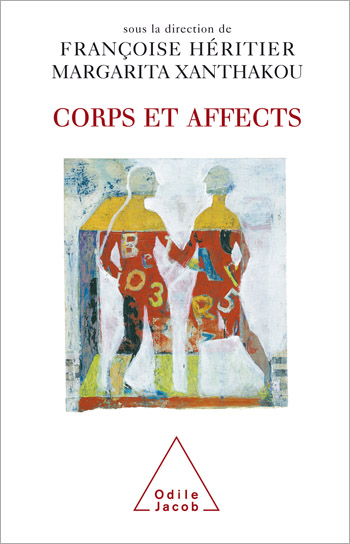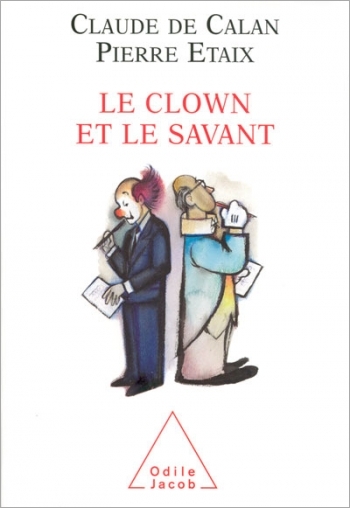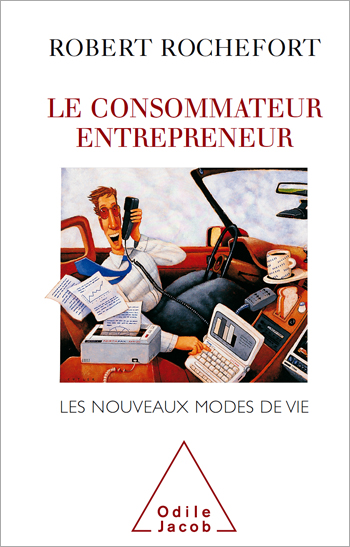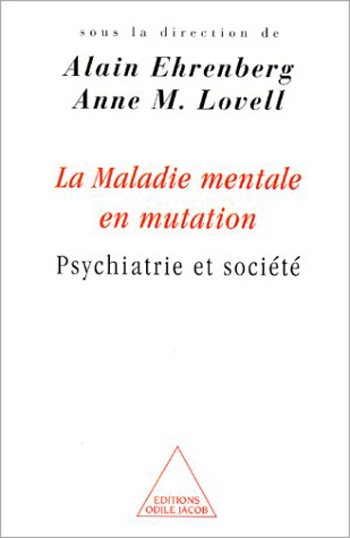Results for the keyword company

Françoise Héritier, Margarita Xanthakou
Body and Affects
The articles gathered here, written by eminent French anthropologists, present a novel angle on the way societies function. The writers argue that because societies are not abstract intellectual constructions, they cannot be dissociated from the physical individuals that constitute them, or from the affects (feelings and emotions) expressed by them. Included here are studies of Western and non-Western societies on such subjects as skin colour, religious rituals involving animals, witchcraft and flying sorcerers, passion in traditional North African cultures, and breast-feeding (both induced lactation to breastfeed infant girls and spontaneous lactation to breastfeed infant boys) in parts of Italy. Françoise Héritier is an anthropologist and teaches at the Collège de France. She is the author of Les Deux Soeurs et leur mère and Masculin/Féminin I and II, published by Editions Odile Jacob. Margarita Xanthakou, an anthropologist, is a research fellow at the Centre National de la Recherche Scientifique (CNRS).

Yves Michaud
Changes in Violence An Essay on Universal Goodwill and Fear
For better or for worse, violence has accompanied humanity throughout its history. It is consubstantial with history, technical knowledge and even culture, and it is unlikely that it will disappear. Human beings are inhabited by darkness great darkness and they must have the courage to confront it. Then why are we so frightened and shocked by each flare-up of violence on the international stage and in our own streets? We feel that there is both more and less violence; that life on our planet has become easier and yet more ruthless; that although benevolence is the universal law, hate is equally strong, if not stronger; that feeling safe may be a right but that fear reigns. Yves Michaud, a philosopher, teaches at the University of Paris-I.

Claude de Calan, Pierre Etaix
The Clown and the Wise Man
"One of us is an acrobat and a filmmaker who tries to provoke laughter; the other one tries to contribute to the progress of mathematical physics. Yet, we could endlessly throw our ideas back and forth. The surprising closeness of our approaches, the strange fraternity between our two disciplines, which are as far away from each other in their goals as in their techniques, gave us great joy. It is our feeling of wonder that wed like to share here," write Pierre Etaix and Claude de Calan. Sometimes known as the French Buster Keaton, Pierre Etaix is a master of burlesque and the inventor of unequalled visual gags. Claude de Calan is a scientist at the Centre of Theoretical Physics at the Ecole Polytechnique.

Norbert Rouland
The Confines of the Law
How did law come about? How do different societies answer to the same need for justice? N. Rouland invites us to explore the many aspects of law. Through various societies, a constant question emerges: can Africans, Asians and Westerners all adhere to the same norms? Norbert Rouland is a professor at the University of Aix-Marseille-III, where he teaches judicial anthropology and the history of law.

Robert Rochefort
The Consumer-Entrepreneur
The author shows in this new book how in the age of the consumer-entrepreneur professional life and private life tend to merge ; thus on one hand, the consumer tends to manage his family life as he would a company - paying attention to efficiency, cost effectiveness, optimization. On the other hand, he uses more and more products that have a professional and personal use - portable phones, computers - and buys more half finished, do-it-yourself products that he completes. This book profiles a society of individual entrepreneurs that is emerging from the previous salary society of the nineteenth and twentieth centuries. Robert Rochefort is the director of the Research Center for the Study and Observances of Living Conditions.

Pierre Deniker, Jean-Pierre Olié
Crazy, Me ? Psychiatry Today and Yesterday
An increasing number of mental patients are being treated outside the stereotypical confines of mental institutions. This trend is often financially motivated, since the cost of institutional care is high. But the psychological advantage to the patients is often contested. Should its demise be encouraged? Need mental institutions necessarily be places of repression and exclusion? What is the position of mental illness in our society--given contemporary therapeutic progress and advances in medication? Jean-Pierre Olié and Pierre Deniker are psychiatrists.


